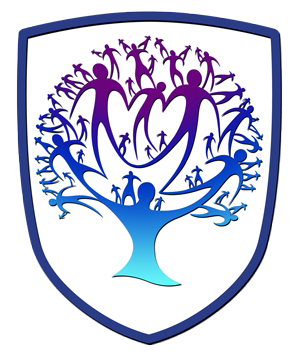| Year | Term 1 | Term 2 | Term 3 |
|---|---|---|---|
| Year 12 | Fundamentals of programming: - selection, iteration • arrays • subroutines • file and exception handling Problem solving and theory of computation: • logic problems • structured programming • writing algorithms • testing • abstraction • finite state machines Data representation: • number systems • bits, bytes and binary • binary fractions, multiplication and negative numbers • images, sound • compression and encryption | Hardware and software: • operating systems • programming language classification • translators • logic gates • Boolean algebra Architecture: • the processor • assembly language • input – output devices • secondary storage Communication • communication methods • network topology • client-server and peer-to-peer • CSMA and SSID • privacy • challenges of the digital age | Preparing for Paper 1 mock Students programming skills will be tested using a large piece of code (skeleton program): • answering technical questions about the code • modifying the code • extending the code Preparing for Paper 2 mock: • paper 2 practice papers Preparing for the coursework: • introduction to object oriented programming • planning for the project |
| Year 13 | OOP and functional programming: • encapsulation, inheritance, polymorphism • functional programming • lists in functional programming • big data Data structures • queues • lists • stacks • hash tables • graphs • trees • vectors Algorithms: • recursive algorithms • Big – 0 notation • searching and sorting • optimisation algorithms • limits of computation Project: • Students create a project of their own choice | Regular languages: • mealy machines • sets • regular expressions • turing machines • Backus_Naur form • reverse Polish notation Internet • Packet switching and routers • internet security • TCP/IP • IP addresses • Client server model Databases: • entity relationship modelling • normalisation • SQL Preparing for Paper 1 Students programming skills will be tested using a large piece of code provided by the exam board (skeleton program): • answering technical questions about the code • modify the code • extending the code | Preparing for A level Paper 1; • continue to work on the skeleton program • paper 2 practice papers Preparing for A level Paper 2 • paper 2 practice papers |

